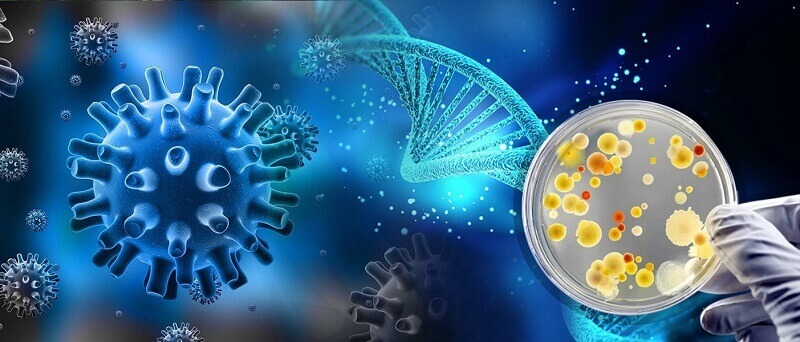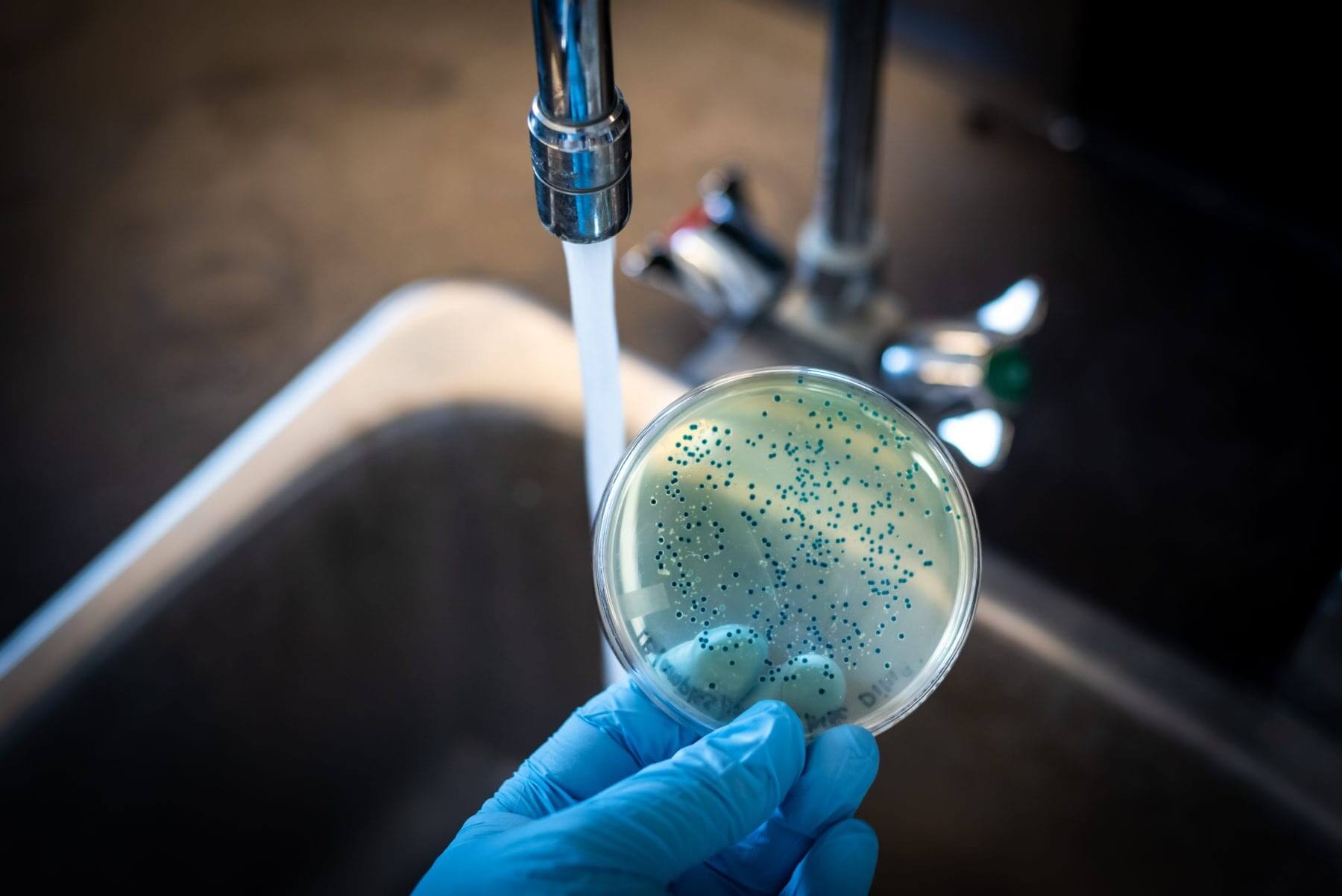What is biotechnology?
Biotechnology is an industry that is built on a system of living organisms or living organizations to produce and create technological products based on biology, especially widely applied in agriculture, food science, and pharmaceuticals. The United Nations Biodiversity Association has provided several definitions of biotechnology.
General definition of biotechnology
The concept of biotechnology encompasses many processes that mainly have two stages in doing this, modifying or analyzing living organisms for human purposes such as domestication of animals, cultivation and improvement of living organisms. animals through reproductive activities such as conditional selection, hybridization or cloning. This concept in modern times includes genetic engineering as well as tissue and cell culture technologies. The American Chemical Society defines biotechnology as the application of biological aspects of biological organisms, systems or processes to a variety of industries to understand the life sciences and improve the value of biomaterials in the fields of pharmacology, botany and zoology;

Biotechnology is a high-tech field based on the life sciences with a combination of research processes and technical equipment to create technological scales that exploit the living activities of microorganisms. organisms, plant and animal cells in order to produce on an industrial scale high quality biological products, serving human needs and interests, and at the same time developing socio-economic and other human resources. Environmentally friendly products to reduce the increasing risk of environmental pollution today.
History of the biotech industry
Through each development period, biotechnology is divided into 3 main stages:
Traditional biotechnology: Traditional biotechnology is shaped to process ancient folk products such as soy sauce, porridge, fish sauce... by traditional methods such as: land treatment, fertilizer,…. to serve a number of fields such as: agriculture, crops, animal husbandry; or create products to serve the needs of daily life
Modern biotechnology: Modern biotechnology uses technology in the processing of products such as the use of industrial fermenters for the large-scale production of domestic products such as MSG , amino acids, organic acids, antibiotics, vitamins, enzymes, etc.
Modern biotechnology: Modern biotechnology is commonly seen as genetic technology, cell technology, enzyme and protein technology, microbial technology, fermentation technology, environmental technology.

Today, biotechnology is being applied in many fields of life: industry, agriculture, medicine, pharmacy... By biological knowledge about plants, animals, fungi, bacteria. . for human. Cell technology and genetic engineering are now very developed in Vietnam
Applied Biotechnology
Biotechnology is a very broad field and participates quite a lot in other fields such as:
Bioinformatics is a multidisciplinary field which solves biological problems using computational techniques, and makes rapid organization and analysis of biological data possible. This field may also be referred to as computational biology, and can be defined as “the biological concept of molecules and the subsequent application of engineering information to understand and organize information associated with these molecules, on a large scale.” Bioinformatics plays an important role in various fields, such as gene function, gene structure, proteomics, and constitutes an important component in the field of biotechnology and pharmaceuticals.
Blue biotechnology is a term that has been used to describe marine and aquatic applications of biotechnology, but its application is relatively rare.
Green biotechnology is applied agricultural biotechnology. An example is the selection and domestication of plants through micropropagation. Another example is the engineering of transgenic plants to grow in specific environments in the presence (or absence) of chemicals. One hope is that green biotechnology can produce solutions that are more environmentally friendly than traditional industrial/agricultural practices. An example of this is the technique of transferring insect resistance genes into plants, so that there is no need to use so many pesticides as today. An example of this would be transgenic maize.
Red biotechnology is applied in the field of medicine. Some examples are the design of organisms for antibiotic production, and techniques for curing inherited diseases through genetic engineering.
White biotechnology, also known as industrial biotechnology, biotechnology applied in industry. An example is culturing a microorganism to produce a useful chemical. Using enzymes as a catalyst in industry to produce chemicals that pollute the environment. White biotechnology tends to consume fewer resources than traditional processes used to manufacture industrial goods.
In simple terms, biotechnology is the study and application of living organisms combined with technical processes and equipment to create products and industrial-scale production with biological products that serve serve the interests of people, at the same time develop socio-economic and protect the environment. Specifically, products from biotechnology are applied in life such as:
- Drug Production,
- Food production;
- Preparation and production of industrial chemicals;
- Development of plant and animal varieties;
- Application of genetic technology and testing in medicine;
- Handling and solving environmental problems;…
Going into more detail, biotechnology is often divided into specializations depending on the purpose of application: Biotechnology applied in agriculture, applied in food, applied in the environment. In addition to the basic knowledge of biology, engineering and technology, these majors are also equipped with in-depth knowledge of experimental biology, molecular biology, and microbial fermentation technology. , applied plant tissue culture techniques, biopharmaceutical production technology. Students have the ability to collect samples, measure and synthesize and analyze data; using modern experimental methods of biotechnology
Nowadays, along with the development of life and industrial production, there is an increase in urgent problems about the environment, food, agriculture, .. which are being concerned by society. In the face of the situation that many research centers have been established to solve the above problems, and with the potential advantages from this important technology industry, Biotechnology has become one of the spearhead industries of Vietnam. high-tech era. From the operation and maintenance of modern application equipment to the research and development of biotechnology products, production control, management and product quality assurance at factories, all require roles and responsibilities. importance of experts knowledgeable in biotechnology.
Biotechnology is identified as the discipline of the future. This field of study has been playing an increasingly important role in human life. Therefore, job opportunities are always open to students of Biotechnology.